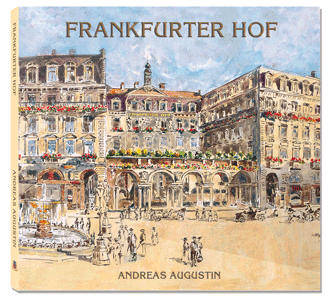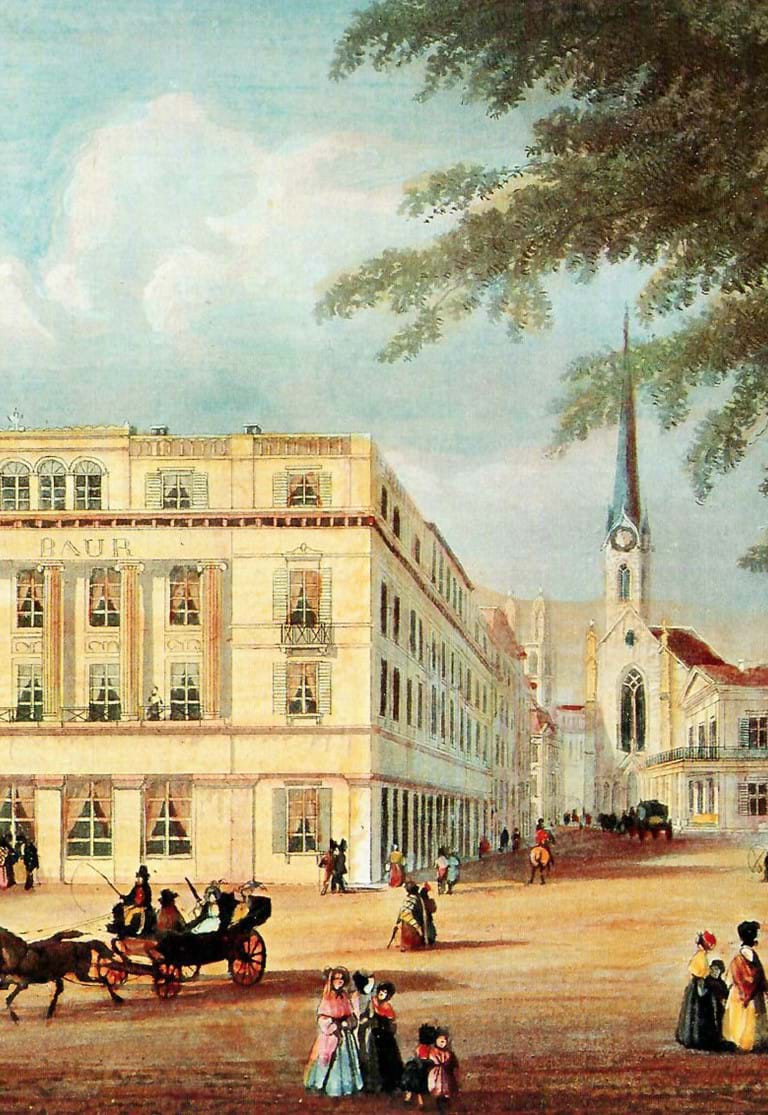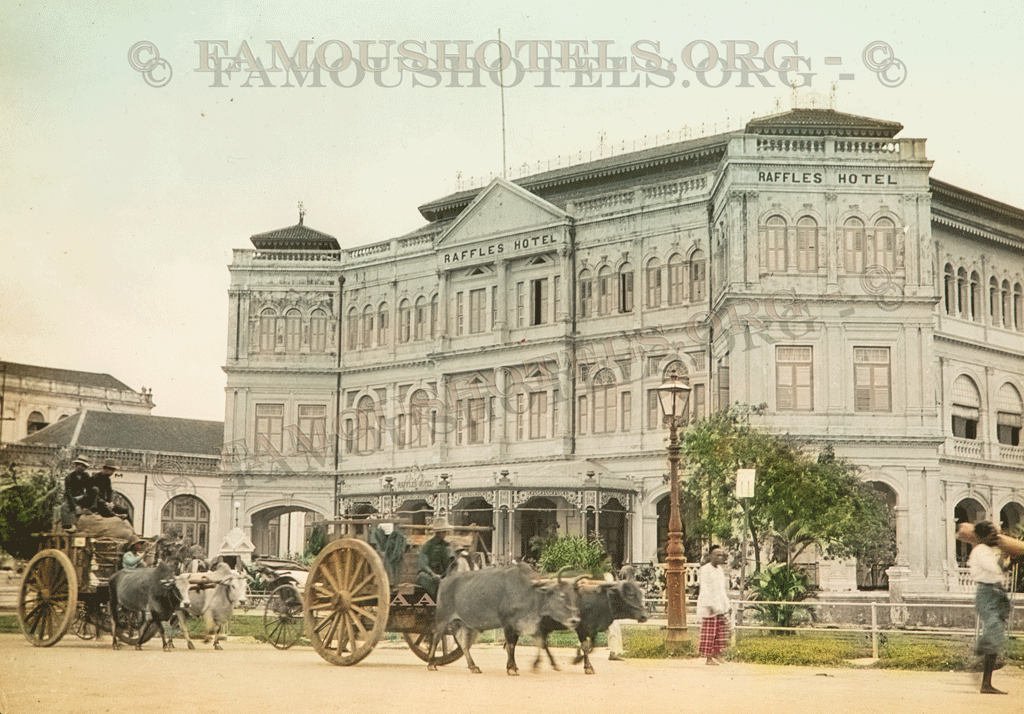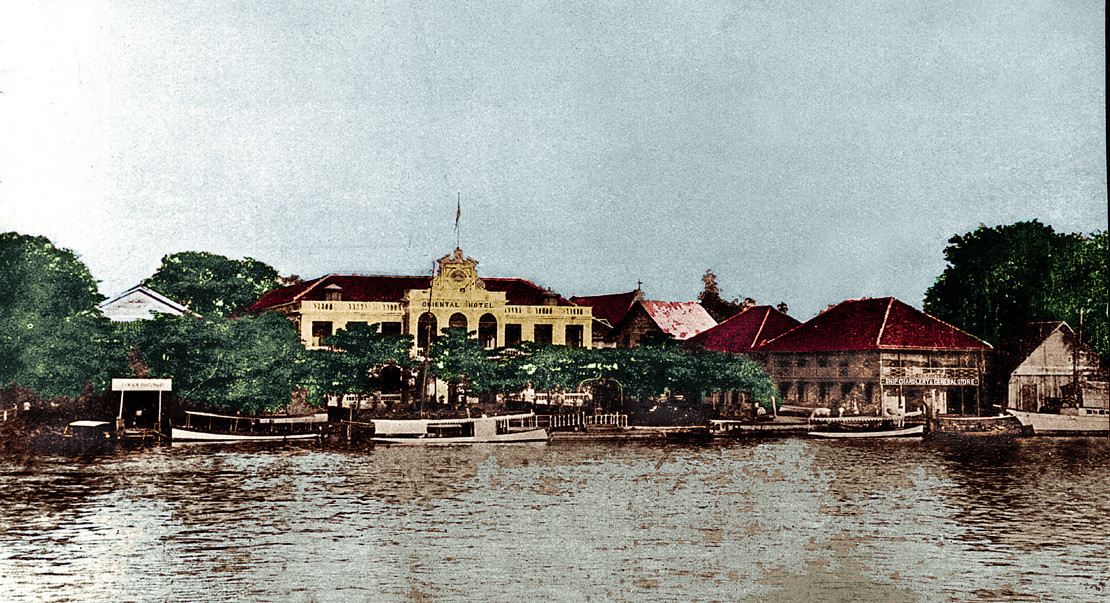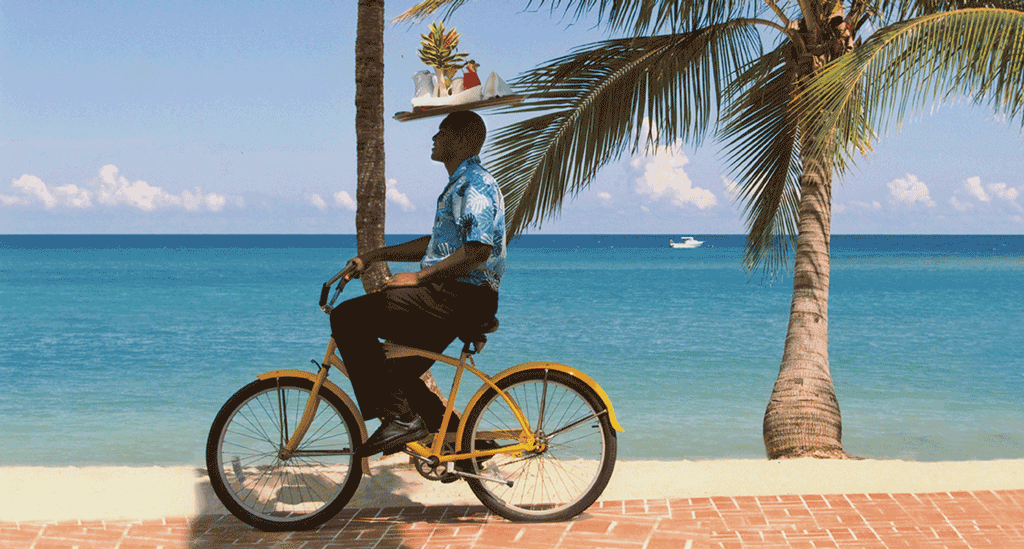A Boys’ Playground | Daniel Boone Hotel, Charleston
( words)
Like Eloise at the Plaza
source: //hotel-online.com
Buddy Creel Grew Up in the Daniel Boone Hotel, Charleston, West Virginia's Finest Hotel
By Sandy Wells, The Charleston Gazette, W.Va.McClatchy-Tribune Regional News
Aug. 15--CHARLESTON, W. Va. --
When Roger "Buddy" Creel stepped into the elevator that day at the Daniel Boone Hotel, he didn't know the couple riding beside him. But even a kid could tell they were important.
The man sat in a wheelchair, a cigarette holder firmly clinched in his teeth.
"There was something about them, their bearing, the way they talked. And they had a state policeman with them. I was awe-struck."
Back upstairs in their apartment, his mother told him, "Buddy, those are the most important people in the United States, our president, Franklin D. Roosevelt, and his wife, Eleanor."
Like most Americans, his parents revered the president known to most everybody as FDR. "My father was so impressed by FDR that he even started using the long cigarette holder like President Roosevelt used."
Buddy Creel saw plenty of important people come and go during his years at the Daniel Boone Hotel.
Like Eloise at the Plaza, Buddy grew up in the Daniel Boone.
The grand hotel on Washington and Capitol streets "was like my playground," he said.
His playmates were bellhops, cooks, maintenance workers and desk clerks. "Pop Rose stood outside in his uniform as a guard. He was a big, heavyset man who loved children. Jimmy Fields, the head bellman, was my best friend. He kept me up to date on what everybody in the hotel was doing."
Buddy's father, Roger S. Creel, managed the hotel from the day it opened in 1929 until the late 1960s. Buddy lived with his parents in the seven-room penthouse atop the hotel.
"To my knowledge, nobody today knows more about the Daniel Boone than I do, because I lived almost my entire life in the hotel."
The hotel is an office building now -- 405 Capitol St. Only a few reminders of the glory days remain: The imported Italian tile floor in the lobby. The decorative wrought iron railings. The ornate gleaming gold mailbox between the first floor elevators.
"I watched the hotel go to pieces, then watched as it was gutted and turned into an office building," Creel said. "It hurts my heart to see how it's changed."
At 74, on an early August afternoon, he visited his unusual homeplace for the first time since 1966. Memories hit him everywhere he looked.
"This is the elevator I rode on with Franklin and Eleanor Roosevelt," he said. He punched the elevator button. The elevator didn't open.
Deemed too old to repair, elevators that transported such prominent passengers as John Kennedy, Jack Dempsey and Dwight Eisenhower stopped running in July.
Most patrons chose to walk from the lobby to the basement barbershop. "The barber shop was at the foot of these stairs. The barbers tried to tell me dirty jokes. When I got my hair cut, I got a little boy's manicure. The bootblack shined my shoes.
"And over here was the coffee shop. They had the best coffee in town. I'd watch them boil eggs for four minutes in a big vat."
On the mezzanine, he envisioned Leila Hemmingway playing the piano to entertain evening diners. "The piano had an attached SoloVox unit to mimic a small organ. She played 'Blue Moon Over Miami' for my mother. She would also play a song for me, 'My Buddy.'
"The dining room was the epitome of elegance and served the finest food in the city," he said. "They made delicious hard rolls. Every Sunday, they would serve hard rolls cut in half with Saturday night's roast beef on them and horseradish. I thought they were wonderful."
He was about 8 years old when the hotel hosted a convention for midgets. "These midgets -- there were about 800 of them -- fascinated me. I got to talk to one for a few minutes. He was very jovial."
Another midget's visit also sticks in his mind. "Johnny Philip Morris, the mascot for the Philip Morris Tobacco Co., was on tour and stopped at the Daniel Boone. He was famous for his yell, 'Call for Philip Morris.' He did the yell from the balcony in the lobby. He stayed in costume whenever he was in the public eye."
Creel started a new life at the hotel in 1937. He was 3 years old when the hotel manager adopted him from the Davis Child Shelter.
He was born in Acme, up Cabin Creek. His father died in a bizarre accident. "He went to California where the circuses wintered and got a handyman job. On the way back, he hitched a train, missed a rung on the freight car and fell under the wheels. It cut him all to pieces."
His mother took him and his older brother to the Davis Child Shelter and fled with his older sister to New England.
"At the shelter, I watched the searchlight on top of the old Kanawha Valley Bank Building as it turned all night long," he said. "Each time it would pass my window, I would bawl."
A nurse at the shelter thought Roger and Dorothy Creel might want to adopt the sad ragamuffin from Cabin Creek.
"A shelter worker brought me to the Capitol Street side of the hotel. I was very dirty and my face was streaked with tears. My mother took one look and called my dad and said, 'Roger, we are going to adopt this boy.' "
They moved him into the seven-room house on top of the hotel. "It had two bedrooms, a den and a playroom where they kept me."
They changed his name from Ronald Castle to Roger Geary Creel and called him Buddy to distinguish him from his father. His middle name honored his godfather, Wehrle B. Geary, the Roane County entrepreneur who developed the Diamond Department Store and spearheaded the building of the Daniel Boone.
"Mr. Geary gave me $5 after I was christened at the First Presbyterian Church, and my dad told me that was the most he had seen Mr. Geary ever give anyone."
Family friends showered him with goodies. "My first Easter at the Daniel Boone, their friends brought me 24 Easter baskets. I was overwhelmed.
"For Christmas, I had so many presents from their friends that they had to put them in a storage room near the apartment."
Every day, the maid escorted him to Mercer School and back.
"One time, I saw a bunch of kids who lived in what was called 'Shack City' behind the hotel. I took them to the hotel kitchen and asked the cook to feed them. He said, 'Buddy, if your dad finds out, he will have your hide and mine.' He did feed them, and my dad did find out, and I got pounded with the belt again."
His father was strict but loving, he said. "He was friendly because he was born on a farm in Alexandria, Va., and he kept that farm boy mentality. He once told me he never met a person he didn't like.
"He treated employees like family. They were free to come to his office anytime. He allowed them to get chits from the cashier to borrow against their coming paychecks. During annual employee dinners, he offered each worker a gift and a personal handshake."
But the friendly manager ran a tight ship.
"He fired one of the bellmen for setting up a prostitution ring involving the hotel. He was hard-pressed to let him go, but he had to.
"The Shriners always stayed at the Daniel Boone because their meetings were at the lodge across the street. One time, they got a little overly enthusiastic. They were harassing the other guests. A drunk sprayed the fire extinguisher up and down the hallway. Dad told them he would no longer let them stay there."
Eventually, his parents enrolled him at Millersburg Military School in Kentucky "to keep me out of trouble." At 16, with special permission from his father, he joined the Army.
After three and a half years in Germany, he returned with a German bride. They later divorced.
He went to Ohio University to study hotel management with thoughts of joining his father at the hotel. "Dad finally said he didn't think I was material for him to tolerate."
He worked for the state tax department, FMC and the state Road Commission. When he retired, he was delivering medications for a statewide pharmacy service.
In 1961, he married Mary Lou Allen and helped her start a dance studio that eventually attracted more than 1,000 students.
In 1967, the hotel where he grew up was sold. The changes didn't set well with his father, he said. "They put in plastic furniture. It broke Dad's heart, so he retired to Fort Lauderdale." He died there of a massive heart attack at 66.
After struggling to survive through several owners, the Daniel Boone closed for good in 1981.
Reach Sandy Wells at sandyw@wvgazette.com or 304-348-5173.
-----
To see more of The Charleston Gazette, or to subscribe to the newspaper, go to //wvgazette.com.
Copyright (c) 2010, The Charleston Gazette, W.Va.
Distributed by McClatchy-Tribune Information Services. For more information about the content services offered by McClatchy-Tribune Information Services (MCT), visit [url=http://www.mctinfoservices.com]http://www.mctinfoservices.com[/url], e-mail services@mctinfoservices.com, or call 866-280-5210 (outside the United States, call +1 312-222-4544). NYSE:PM,

